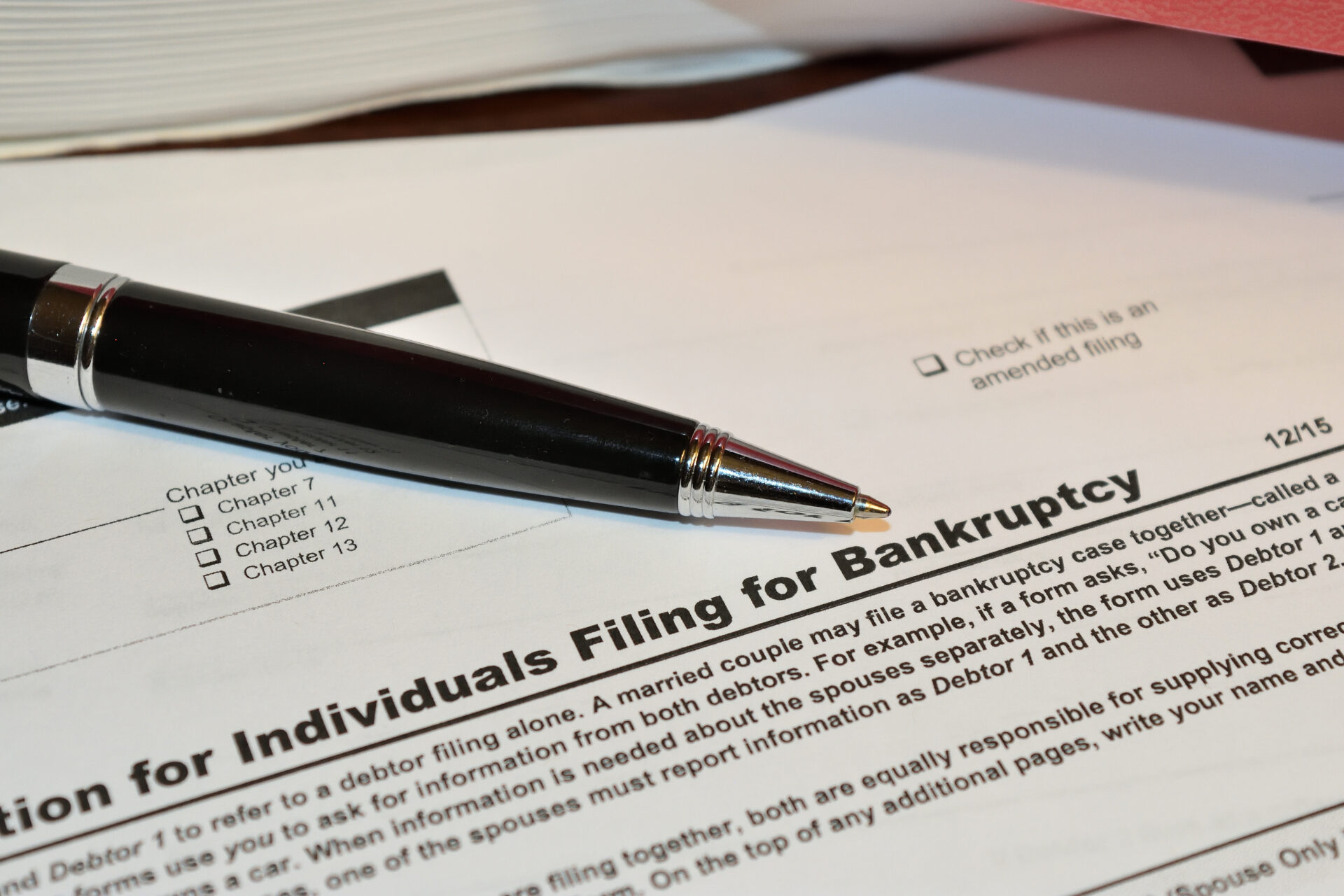Ask for a Free Consultation Today!


What is Chapter 7 Bankruptcy?
Chapter 7 bankruptcy provides qualifying individuals with protection from their creditors and an opportunity to discharge their debts. Although a Chapter 7 proceeding is a “liquidation bankruptcy”, the large majority of individual Chapter 7 bankruptcy cases do not result in the liquidation of any personal assets. This is because people are allowed to claim certain types of property as exempt from creditors including their house, car, retirement accounts and household items. Chapter 7 bankruptcy allows a person to discharge most types of debt including credit cards, medical bills, judgments from lawsuits, personal loans and business debts. However student loans, child support, alimony and most types of taxes are not dischargeable in Chapter 7 bankruptcy. Chapter 7 bankruptcy is an effective option for people who are struggling to keep up with credit card payments, paying month after month and never able to get ahead. Many people find themselves trapped in a cycle in which they are paying their credit cards every month but don’t have enough money left for essentials and so are forced to continue using credit cards, paying more and more in interest each month. Chapter 7 allows people a way out of this trap and an opportunity for a fresh start. In most Chapter 7 cases, people can discharge their debts in as little as four months with just one short court appearance.
To qualify for Chapter 7, one must pass the “Means Test”, a standardized evaluation of a person’s household income, family size, living expenses and other factors to determine whether they have “disposable income” and can therefore afford to pay their creditors at least some portion of their debt. A person whose household income is below the median income for a similar sized household in their state automatically qualifies to file Chapter 7. If a person’s household income is greater than the median income in their state, then there is a “presumption of abuse” which can disqualify them from Chapter 7, unless they can rebut the presumption by showing that in their particular circumstances, they have no disposable income and should be allowed a to discharge their debts. Only people whose debts are primarily consumer debts are subject to the means test. For people whose debts are primarily non-consumer (i.e. business related debts) the means test does nott apply.
When you file for Chapter 7 bankruptcy, you get the protection of the “automatic stay” a part of the Bankruptcy Code prohibiting creditors from taking any action against you. The automatic stay immediately stops all phone calls, demand letters, lawsuits and foreclosures once a bankruptcy is filed. After the filing, there is a “meeting of creditors” in which the debtor is asked questions under oath about their assets and liabilities and the reasons for their bankruptcy filing. In most cases the meeting of creditors is the only court appearance required and a discharge is granted about two months afterwards. A discharge officially terminates your liability to pay debts and creditors may not take any action against you to collect them, giving you a fresh financial start.
If you are feeling overwhelmed by your debt, struggling to keep up, or have already fallen behind, we can help you eliminate your debts and get a fresh start. Call 508 202-0681 for a free consultation.